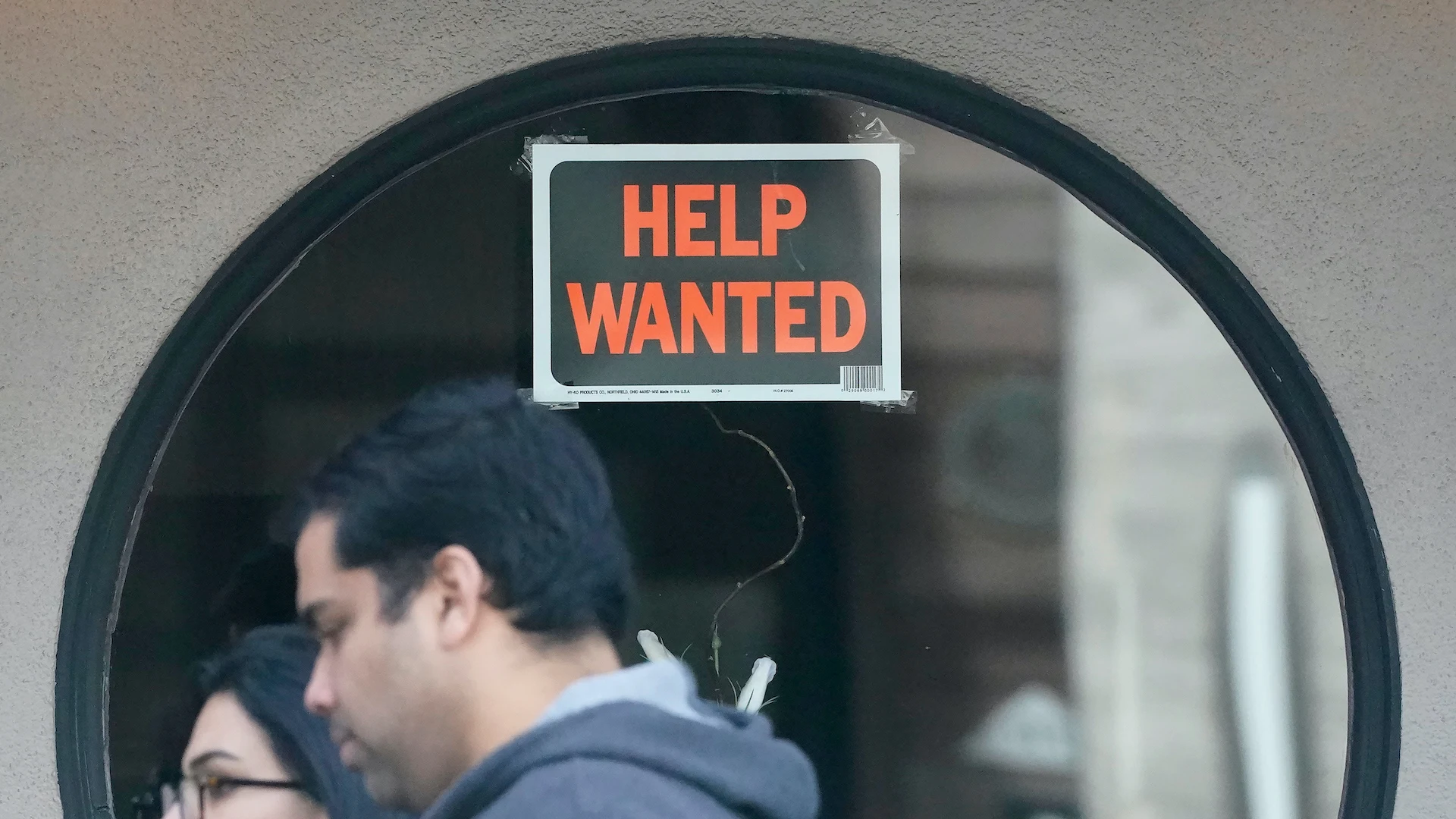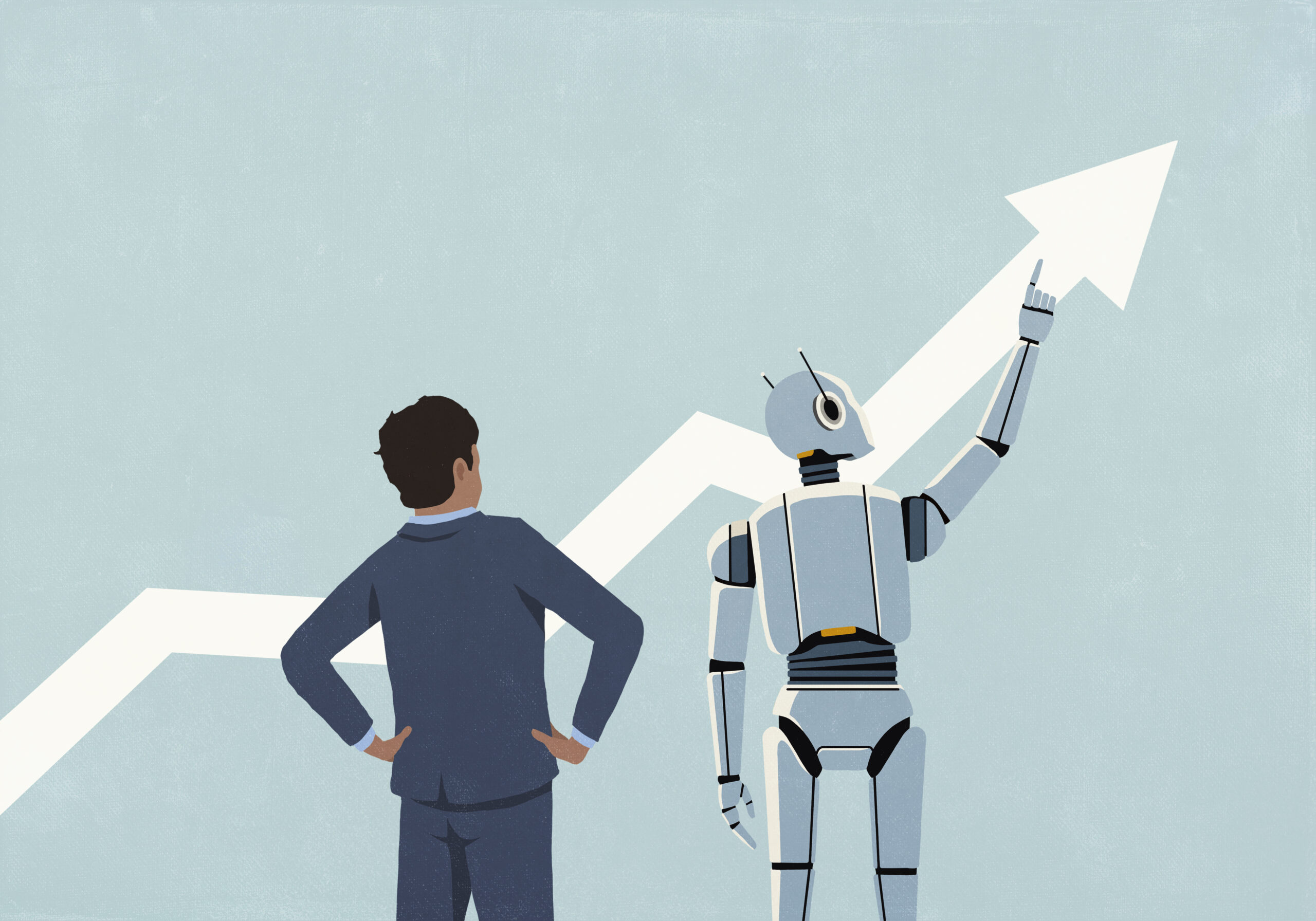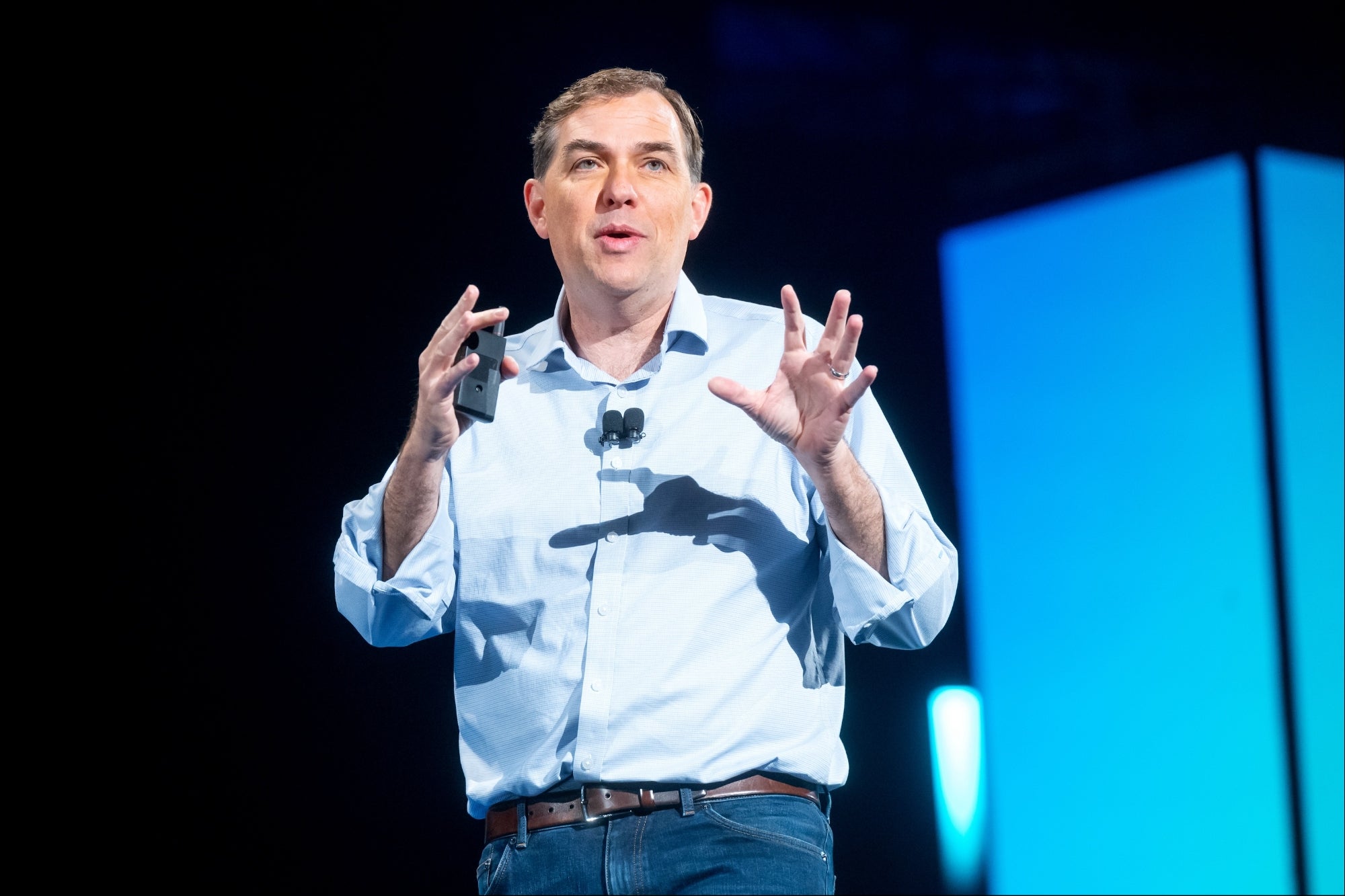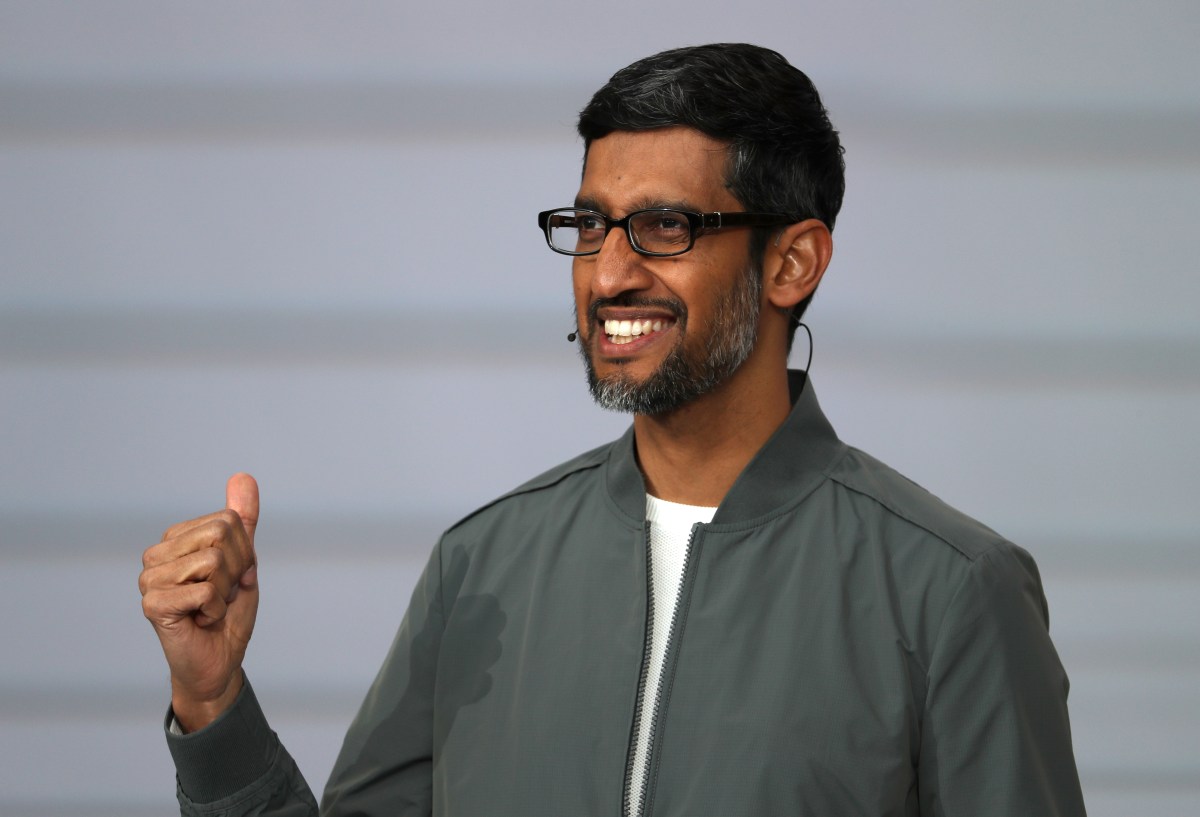fromFast Company
5 days agoDemand for AI-related skills is up 109% since last year. What that means for you
AI inspired many employers to take a wait-and-see approach to hiring in 2025, but new data suggest they'll be returning to the market in search of certain skills in 2026. According to Upwork's In-Demand Skills 2026 report, demand for AI-specific proficiencies have more than doubled on the freelancer platform over the last year. But at the same time, nearly half of employers also say they're also putting a premium on human skills, like creativity, emotional intelligence, resilience and innovation.
Artificial intelligence

























